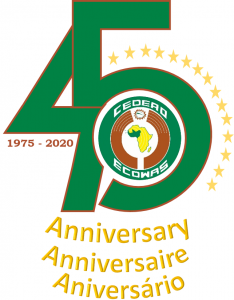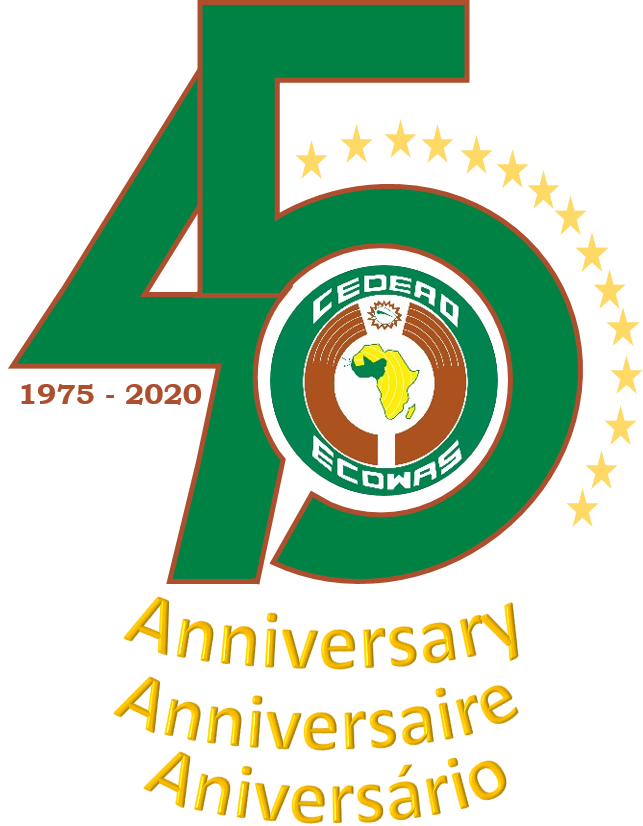 by Alagi Yorro Jallow.
by Alagi Yorro Jallow.
The foundation of the problems bedeviling the Economic Community of West African States(ECOWAS), including horrendous border disputes, trade, taxation, and labor disputes, is the structure and nature of the treaty, including related laws and institutions. For ECOWAS to work, member countries must revisit the treaty and related enabling community laws.
From the onset, it seems that nobody wanted a real economic block, for example, akin to the European Union. The founders settled on a progressive model of integration. Unfortunately, the progressive model is subject to the political whims of the leaders of respective West African countries. Then the treaty created half-baked institutions. What is the role of ECOWAS Court of Justice in Abuja (compared to say, the European Court of Justice based in Luxembourg) in ensuring “judicial-legal” coherence of the community?
Does the ECOWAS Legislative Assembly in Abuja have a real legislative effect on how member countries conduct business like says the European Parliament for the European Union? Is there change required in how members of the ECOWAS parliament are nominated and appointed to ensure that they represent the aspirations of West Africans and not just those of the ruling class? Are ECOWAS institutions constrained by the conflicting and competing interests of member countries to the detriment of collective progress?
We want to be “ECOWAS Citizens,” complete with passports, but we not ready to sacrifice individual national sovereignty. Most member countries in the West African Community are pseudo democracies and semi-closed societies that do not encourage integration. In effect, taxation, immigration, and free movement of labor will remain sticking points for a long time. Do we need it if the ECOWAS cannot act in concert on trade and movement of people, chicken, and cows?

